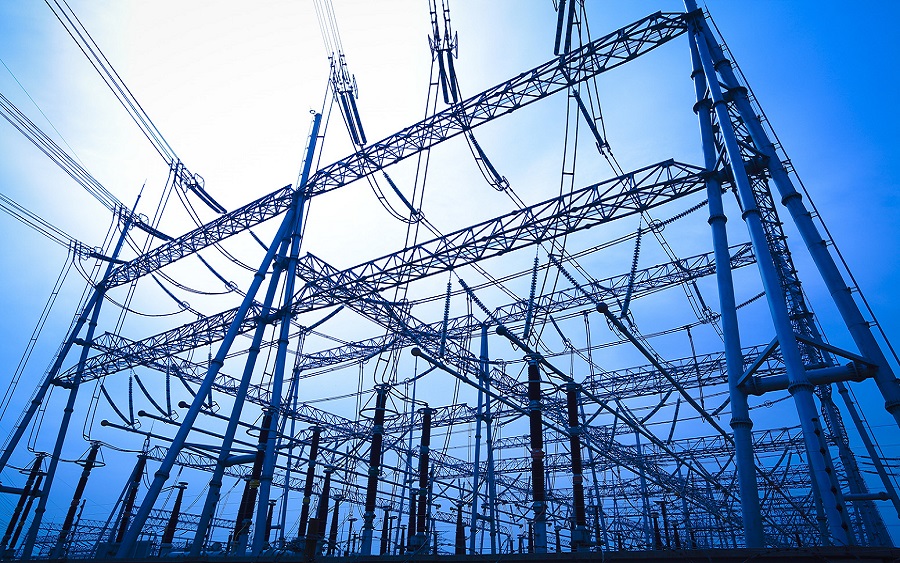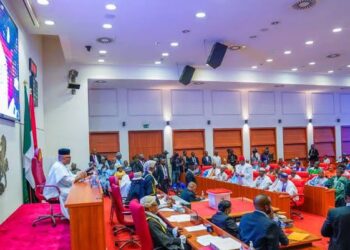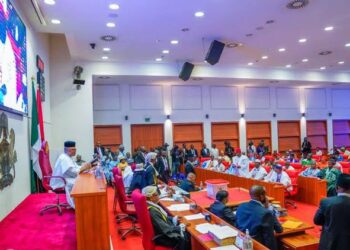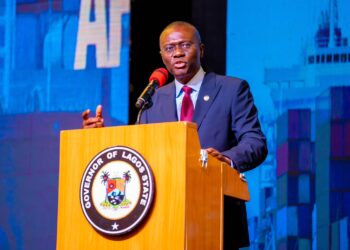The Federal Government has allocated a total sum of N2.83 billion to the payment of electricity charges of 109 Nigerian embassies, consulates, and High commissions in various countries.
This is based on Nairametrics’ summation of the proposed electricity charges of all Foreign Missions in the 2025 budget.
The 2025 Appropriation Bill, submitted to the National Assembly by President Bola Tinubu, contains the budgets of 109 foreign missions under the Ministry of Foreign Affairs. They comprise 76 Embassies, 22 High Commissions, and 11 Consulates.
All 109 Foreign Missions budgeted a total of N2,837,016,127 for electricity charges as part of their annual overhead expenditure.
The Foreign Missions with the highest budget for electricity charges include those in New York (permanent mission), London, and Harare with N304.9 million, N113.9 million, and N91 million respectively.
The Foreign Missions with the lowest budget for electricity charges are those in Ouagadougou, Cairo, Islamabad, and Doha with N6.2 million, N6.6 million, N7.9 million, and N7.94 million respectively.
Nigerian embassies are poorly funded
Nigeria’s Foreign Missions have suffered from poor or delayed funding over the years, resulting in poor representation of Nigerians overseas or embarrassing disputes with host countries. There are instances where countries publicly call out Nigeria’s Foreign Missions over utility debts.
Former Minister of Foreign Affairs, Geoffrey Onyeama, once lamented about poor overhead budgetary provisions to Nigerian missions abroad, admitting that many of them swam in debt and were unable to pay utility bills and rent.
Nairametrics reported, last year, that the South African government disconnected the electricity of the Nigerian consulate in Johannesburg over unpaid bills. The consulate which should be regarded as a Nigerian territory was thrown into darkness, a reality of many citizens at home.
Tinubu fails to appoint ambassadors almost two years after
Meanwhile, 16 months after he assumed office, President Bola Tinubu has failed to employ Ambassadors and High Commissioners for Nigeria’s Foreign Missions, putting diplomatic ties and representation of diasporans on the line.
- The President recalled all Ambassadors and High Commissioners in September 2023 sparing only the country’s Permanent Representatives at the United Nations in New York and Geneva.
- In what seemed like a move to fill vacuums, the President, in April 2024, appointed 12 Consuls-General and five charges d’affaires in 14 countries. However, they rank lower than resident Ambassadors and High Commissioners, and may not be able to hold diplomatic engagements at the highest levels in the countries they were deployed to.
- The current Minister of Foreign Affairs, Yusuf Tuggar justified the administration’s refusal to appoint Ambassadors and High Commissioners on the premise that the government is focused on addressing the troubling economic challenges that affect citizens at home.
He further argued that Nigeria’s Foreign Missions had not been adequately funded and it was important to ensure funds are made available for High Commissioners and Ambassadors before they are appointed.
“We met a situation where Foreign Affairs was not being funded like the way it should be. Some loopholes are exploited by the likes of Binance. It is a money problem. There is no point sending out ambassadors if you do not have the funds for them to even travel to their designated country and to run the missions effectively, one needs funding,” he said.
What you should know
The absence of Nigeria’s high-ranking diplomatic representatives in other countries exposes citizens in those countries to a lack of representation or at worse human rights violations in the host countries.
Many Nigerians have taken to social media to complain of poor treatment or unprofessional services at Nigerian embassies when they go for services such as renewal of International passports. Some of these challenges are attributed to poor funding as some embassies and consulates have been seen to be understaffed.




















